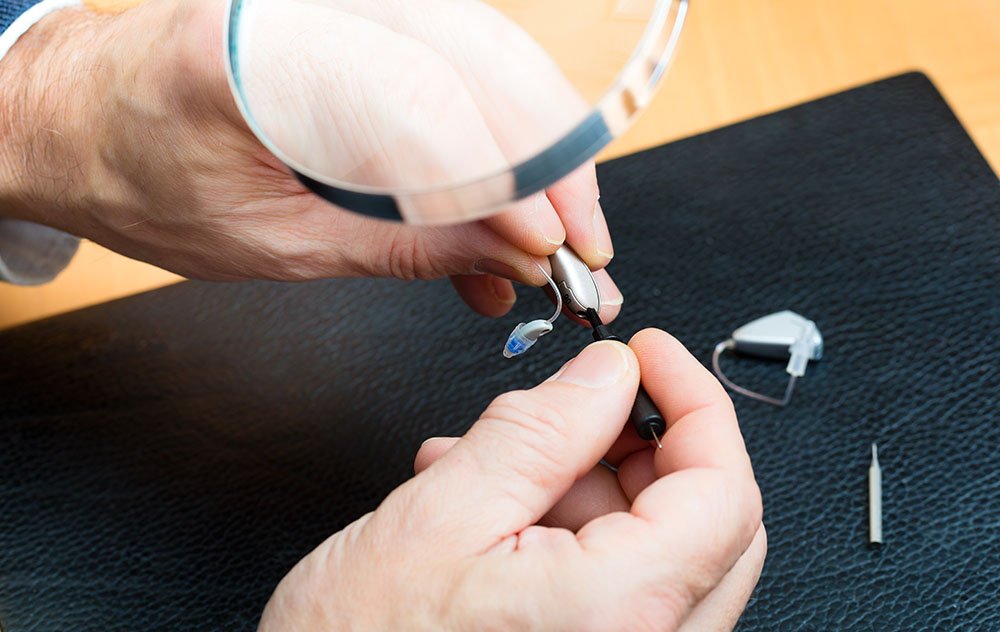Hear Across America
Regardless of your age or walk of life, proper hearing is important to


Regardless of your age or walk of life, proper hearing is important to

Have you noticed a change to your hearing recently? It’s possible

You might have noticed a change in your hearing. As we age, our hearing is